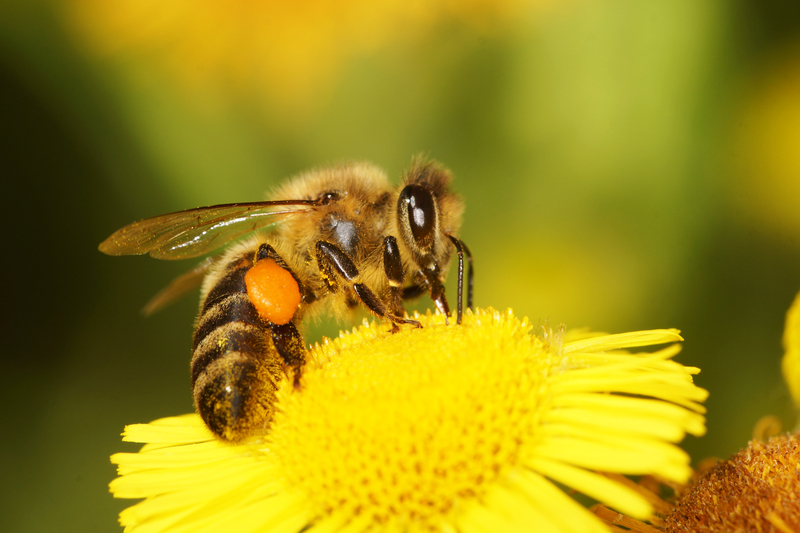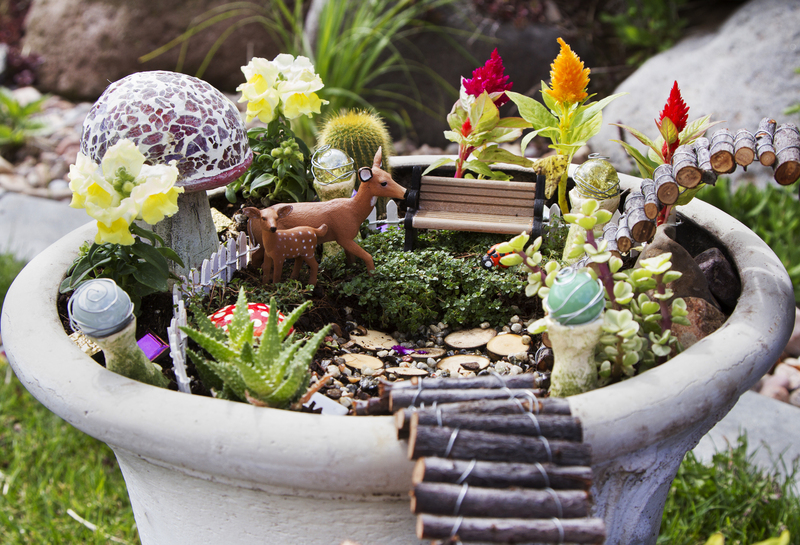Timely Application of Manure for a Thriving Garden
Posted on 28/04/2024
Introduction
Fertilizing your garden with manure is an effective way to provide essential nutrients and improve soil quality. However, the timing of when to apply it can greatly affect its effectiveness. Knowing when and how to use manure in your garden can make all the difference in achieving a thriving and bountiful harvest. In this article, we will discuss the importance of applying manure at the right time, tips for proper application, and its pros and cons.

The Importance of Timely Application
Timing is crucial when it comes to applying manure in your garden. Different types of manures have varying levels of nutrients and it's important to apply them at the right time for maximum benefit. Ideally, you should apply manure a few weeks before planting to allow it to decompose and release its nutrients into the soil.
Manure contains high amounts of nitrogen, phosphorus, and potassium - essential elements needed for plant growth. Nitrogen promotes leafy growth, phosphorus aids in root development, and potassium strengthens plants' resistance to diseases and stressors. By applying manure at the right time, these nutrients will be readily available for your plants, ensuring healthy growth and development.
Tips for Proper Application
To ensure that you are applying manure correctly in your garden, here are some helpful tips:
1. Use composted manure: This type of manure has undergone decomposition process which kills harmful bacteria and weed seeds. It also releases nutrients more slowly, providing long-term benefits to your plants.
2. Apply in small amounts: Too much manure can burn plants due to its high nitrogen content. It's best to start with small amounts first and gradually increase as needed.
3. Avoid direct contact with plants: Manure can be a breeding ground for bacteria that can harm or contaminate plants. Make sure to apply it at least a few inches away from the base of your plants.
4. Apply in early spring or fall: These are the ideal times to apply manure as the weather is cooler, allowing for slow decomposition and nutrient release.
Pros and Cons
Pros: Manure is an all-natural fertilizer that is affordable and readily available. It improves soil structure, water retention, and promotes healthy microbial activity. It also reduces the need for chemical fertilizers, making it an environmentally friendly option.
Cons: When used improperly, manure can cause harm to plants and the environment. Excessive use can lead to nutrient leaching, which can pollute nearby water sources. There is also a risk of contamination if fresh manure comes into contact with edible crops.

Takeaways
1. Composted manure is best for your garden.
2. Apply in small amounts and avoid direct contact with plants.
3. Timing is important - apply in early spring or fall.
4. Use manure as a supplement, not a replacement for other fertilizers.
5. Always handle and store manure with caution to prevent contamination.
Conclusion
In summary, timely application of manure in your garden is crucial for optimal plant growth and development. By understanding its benefits, proper application techniques, and potential risks, you can reap the rewards of using this natural fertilizer in your garden. Remember to always handle it carefully and follow recommended guidelines for safe usage. Your garden will thank you for providing it with the necessary nutrients for a thriving harvest.
Latest Posts
Creating a Serene Zen Garden Oasis
Perfect Mow Timing: How Often to Trim Your Lawn?



